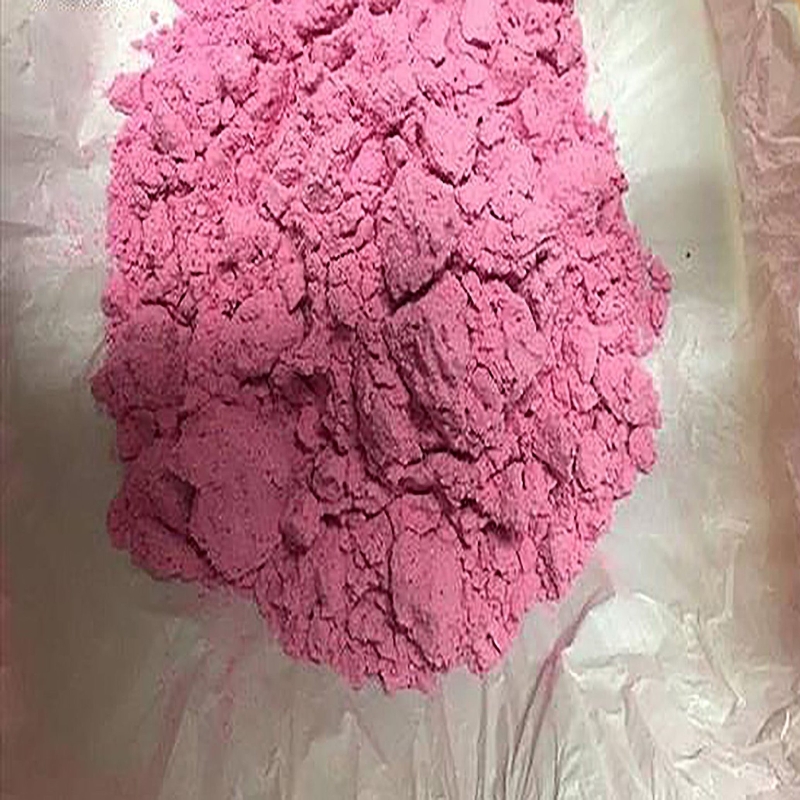-
Categories
-
Pharmaceutical Intermediates
-
Active Pharmaceutical Ingredients
-
Food Additives
- Industrial Coatings
- Agrochemicals
- Dyes and Pigments
- Surfactant
- Flavors and Fragrances
- Chemical Reagents
- Catalyst and Auxiliary
- Natural Products
- Inorganic Chemistry
-
Organic Chemistry
-
Biochemical Engineering
- Analytical Chemistry
-
Cosmetic Ingredient
- Water Treatment Chemical
-
Pharmaceutical Intermediates
Promotion
ECHEMI Mall
Wholesale
Weekly Price
Exhibition
News
-
Trade Service
Chronic pain affects approximately 20% of the adult population and is associated with physical and emotional impairment, disability, reduced quality of life, and increased medical costs
Chronic pain affects approximately 20% of the adult population and is associated with physical and emotional impairment, disability, reduced quality of life, and increased medical costs
Researchers have found that the systematic reviews supporting these guidelines have several limitations, including the exclusion of certain types of medical marijuana, consideration of selected chronic pain conditions, or incomplete search strategies
In order to determine the benefits and harms of medical marijuana and cannabinoids for chronic pain, experts from the Department of Anesthesiology at McMaster University in Canada conducted a systematic review and meta-analysis
Researchers searched MEDLINE, EMBASE, AMED, PsycInfo, CENTRAL, CINAHL, PubMed, Web of Science, Cannabis-Med, Epistemonikos and other databases for trials as of January 2021, and selected medical marijuana or cannabinoids with a follow-up period of ≥ 1 month Randomized clinical trial of chronic pain compared with any non-cannabis
The final inclusion included 32 trials involving 5174 adult patients, 29 of which compared medical marijuana or cannabinoids with placebo
Include reviewed studies on medical marijuana or cannabinoids in patients with chronic pain
The results showed that compared with placebo, non-inhaled medical marijuana may cause a 10% increase in the proportion of patients with a minimum important difference (MID) of 1cm (10cm visual analog scale (VAS)) in pain relief, based on a weighted average difference ( WMD) is -0.
Compared with placebo, non-inhaled medical marijuana may cause a 10% increase in the proportion of patients with the smallest significant difference (MID) of 1cm (10cm visual analog scale (VAS)) in pain relief.
Pain relief on VAS for chronic pain patients receiving non-inhaled medical marijuana or cannabinoids
However, oral medical marijuana does not improve mood, role or social function (highly certain)
Oral medical marijuana may cause symptoms such as transient cognitive impairment, vomiting, drowsiness, impaired concentration, and nausea, but no diarrhea
In summary, compared with placebo, non-inhaled medical marijuana or cannabinoids can improve the pain relief, physical function and sleep quality of patients with chronic pain
references:
Medical cannabis or cannabinoids for chronic non-cancer and cancer related pain: a systematic review and meta-analysis of randomised clinical trials.
Medical cannabis or cannabinoids for chronic non-cancer and cancer related pain: a systematic review and meta-analysis of randomised clinical trials.
Leave a message here







